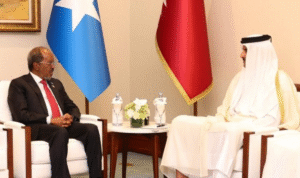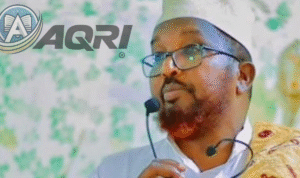In a recent development, the World Health Organization (WHO) has joined family members in urgently calling for the release of Dr. Mohammed Abu Selmeya, the director of a prominent hospital in Gaza. Dr. Abu Selmeya was reportedly detained amid escalating tensions and ongoing conflict in the region.
Dr. Abu Selmeya is a well-known figure in the medical community in Gaza, revered for his dedication to healthcare in an area that consistently grapples with limited resources and frequent clashes. Colleagues describe him as an irreplaceable asset who plays a crucial role in managing healthcare delivery in one of the most challenging environments in the world.
The circumstances surrounding his detention remain unclear, but it has sparked concerns over the safety and welfare of healthcare professionals in conflict zones. His family, alongside WHO representatives, is advocating for his immediate and unconditional release, emphasizing the critical need for medical leadership in the region’s beleaguered healthcare system.
The detention of Dr. Abu Selmeya comes at a time when Gaza’s hospitals are under immense pressure, dealing with significant shortages of medical supplies and personnel. The ongoing conflict only exacerbates these challenges, undermining the efforts of healthcare workers who strive to deliver essential services to civilians.
Various international organizations, including the WHO, have reiterated the importance of safeguarding healthcare workers and infrastructure, underscoring their neutrality and indispensable role. The organization has reiterated calls for all parties involved in the conflict to respect international humanitarian laws that protect health facilities and personnel.
The global health community continues to monitor the situation closely, urging for dialogue and peaceful resolution to ensure the safety and support of medical workers who are on the frontline of this humanitarian crisis.
The plight of medical practitioners such as Dr. Abu Selmeya highlights the broader issues affecting those working in conflict zones and serves as a reminder of the vulnerable state of healthcare systems amid political and social unrest.
The call for Dr. Abu Selmeya’s release remains a prominent point of concern for both his immediate relatives and the international community, as they await further developments in his status and wellbeing. The hope is that diplomatic channels will pave the way for his swift return to his vital duties at Gaza’s healthcare frontlines.







Comment